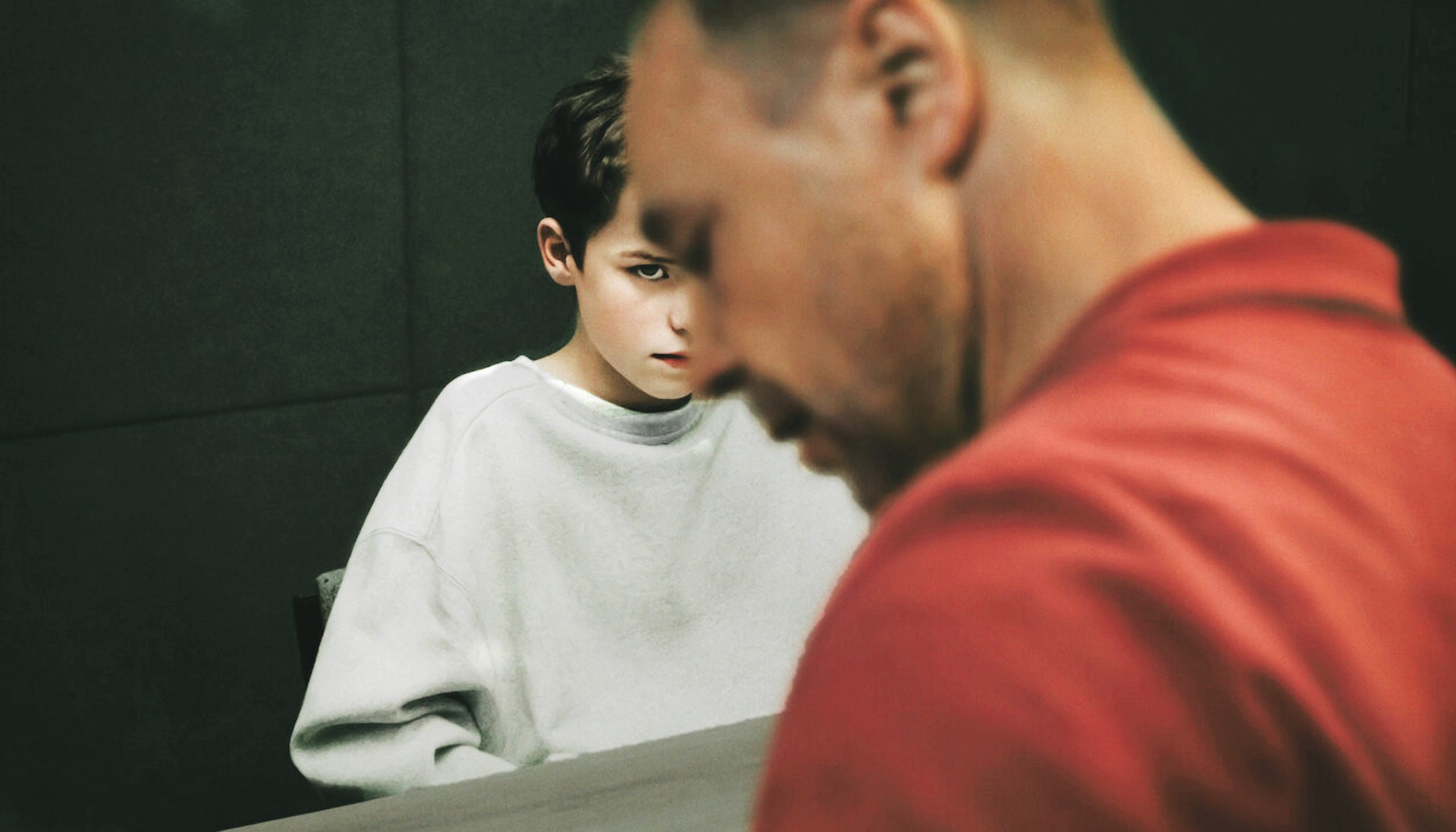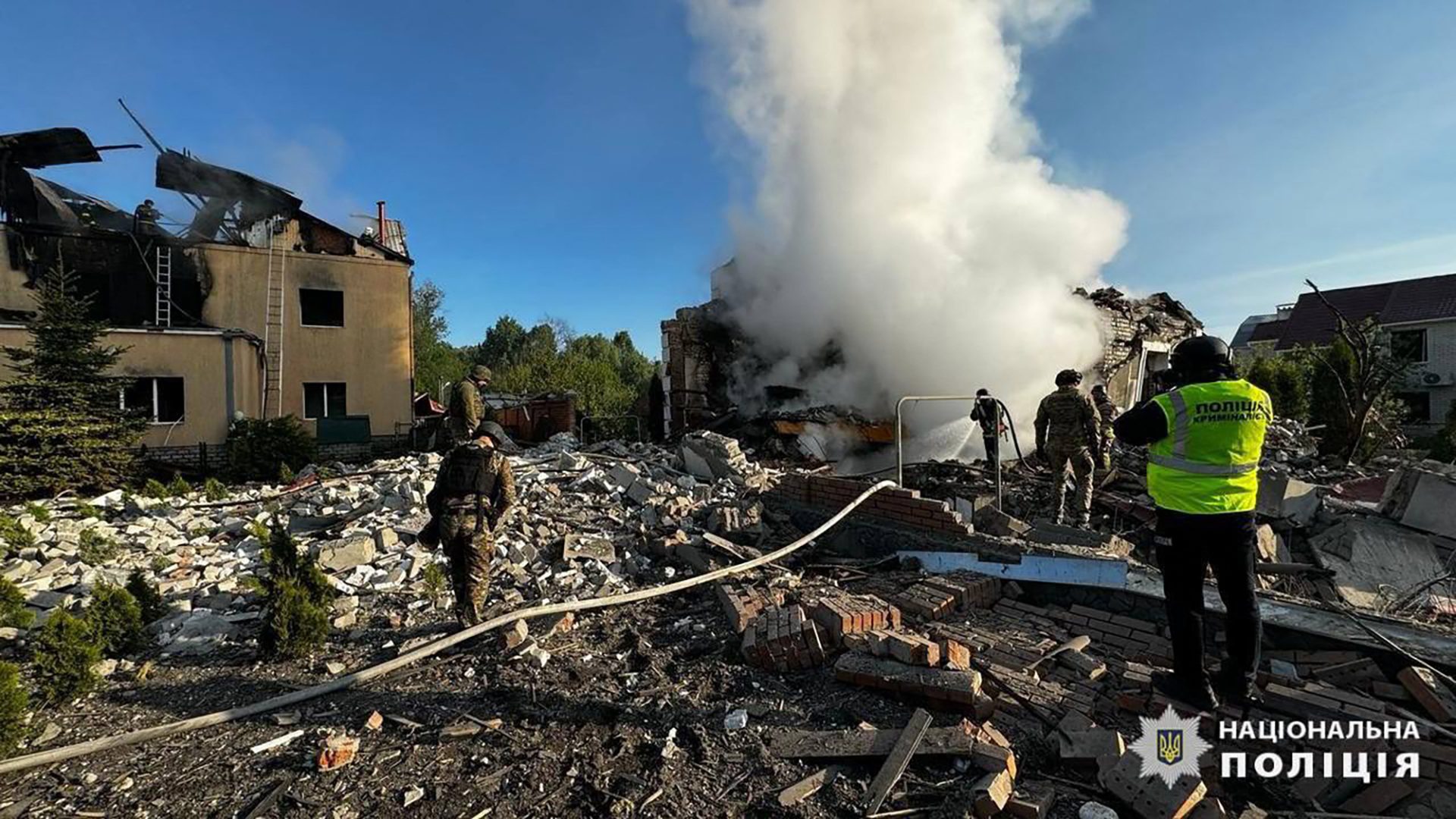“The series shows very raw the dilemmas and vulnerabilities of young people”

« Where did we talk? » Jamie Miller’s parents – in a moving scene that has shaken the world – after realizing that his 13 -year -old son killed a schoolmate to the stab. The criticism has been unanimous: moving, devastating, disconcerting, brilliant, ruthless, overwhelming… Adolescence – the recent Netflix miniseries with four episodes that premiered on March 13, inspired by several real stories and has been seen by over 25 million people worldwide – has raised central issues at a time when social networks influence and build young people’s personality. Do we really know our children? How should we protect them from new technologies? What do they talk about in chats? Is being in the room a sign of being safe?
Philip Barantini’s drama and written by Stephen Graham and Jack Thorne plunges into this teenager’s story (played by 15 -year -old actor Owen Cooper), accused of committing an “unexpected” and violent crime, the causes that led to murder and the way family/ the highlighted psychologist to accompany Jamie, deal with the case.
The production of the streaming platform highlights incel culture, a junction of the celibate and involuntary words used to describe a sexually frustrated man (see p. 4 and 5) and unravels many of the meanings of emojis that young people use in their conversations on social networks (see page 6 and 7).
The world of young people
“The series shows in an authentic and raw manner the dilemmas and vulnerabilities of young people, allowing many parents and young people to be represented. It is important because it gives voice to often silenced topics – such as mental health, bullying, identity and family relationships. It is an opening the door to the world of young people, which is often inaccessible to parents who, living in the same house, do not always realize what we are going through. Teenagers need listening, understanding and space to express themselves without judgment, ”he says to Psychologist Catarina Lucas, adding that today’s teenagers have grown in a more digital and globalized world, which makes them more informed but also more vulnerable. « Social networks influence self -esteem and relationships, as young people expose a multiplicity of dangers. Nevertheless, there is greater awareness of mental health and there is a more open view of identity and diversity, although they also feel more pressure to define themselves early. In essential, they continue to face the typical challenges of adolescence, but in a very different context, » he explains.
For Maria João Faustino, researcher, specialist in sexual violence, Netflix’s production also shows that images -based sexual violence is “a growing problem”, and there are new tools that enhance this universe of violence, which were nonexistent ten years ago. “For example, the manipulation of images using artificial intelligence (usually called Deepfakes). There are several apps that allow the ‘nudification’ of women and girls, and these apps are announced on social networks, such as Facebook and Instagram. The influence of the Manosfera (set of websites, blogs, groups and channels, which propagate hatred against women and male supremacy) and Figures like Andrew Tate – influencer who calls themselves as ‘misogynist’ – do not have parallel with preceding decades. Like many young people, in search of belonging, they end up exposed to content that “reinforces models of rigid and violent masculinity”, without critical spirit, “it is essential to promote emotional education and critical thinking from an early age,” adds Catarina Lucas.
Parents and school
How is it possible, after all, so many parents do not know the real personality of their children? This happens, says the psychologist, because many teenagers « begin to build their identity more reservedly, fear of judgment or because they feel they have no safe space to express themselves. » “In addition, there are parents who, even with good intentions, hear little and talk a lot, or project their children expectations without really knowing them,” he laments. And at this point, the series is “particularly happy, by portraying the parents’ amazement for what happened: they thought the son was’ in the room ‘, as if that were a guarantee of security and protection,” says Maria João Faustino.
In addition, the researcher continues, there is a generational pit between parents and children in language, in the networks used, in the figures of reference and influence. « If generational differences have always existed, this pit is sharpened with digital culture, where change is so fast and some of the codes, devices and familiar platforms to digital natives seem impenetrable to many adults, » he says.
Lack of digital literacy is one of the factors that contribute to the difficulty parents have to control the digital life of adolescents. « But I think it is important not to put the burden of prevention exclusively in families, so many times without resources or knowledge to accompany these processes. Also here the adolescence offers us clues for reflection. The role of schools is fundamental, in order to ensure that all children and adolescents are included in prevention, » he argues.
Therefore, the education and regulation of digital platforms are the central issues. « Education for sexuality must encompass all these topics: consent; respect for the will of other people; the right to live in freedom; the right to body autonomy; the impacts of sexual violence. The argument that sex education is ideological is fallacious: all education is ideological, the point is that we propagate. Democracy, human rights, are rooted in an ideological project that fulfills the investigator.
Regulate platforms and dialogue in schools
In addition, he says, it is urgent to regulate digital platforms, « which are largely responsible for the spread of violent and criminal content. » “Platforms like Telegram are crime complicit: in Portugal, journalistic investigations exposed the reality of several large groups – one of them had about 70,000 people – where intimate images are shared without consent of women and girls. These images are shared by strangers, relatives, colleagues, boyfriends and husbands,” he denounces.
Adolescence will be issued by Netflix in UK schools. The announcement was made by the British Prime Minister himself who, as a father, was not indifferent to him either. « This is an important initiative to encourage as many students as possible to see the series, » said Keir Stmermer, who saw the series with teenage children. According to Catarina Lucas, it would be very positive that something similar happened in Portugal. “The series offers an honest and relevant view of adolescence challenges, and could help sensitize students, parents and teachers on important topics such as mental health, identity and relationships. Showing it in schools could be an excellent educational tool to foster dialogue and understanding,” he says. « However, the viewing of the series in our schools should be accompanied by a discussion, debate and clarification session, under penalty that young people freely interpret what they see without assurance that they do not interpret in a biased manner, » he says.








/s3/static.nrc.nl/images/gn4/data133354271-8dc659.jpg)